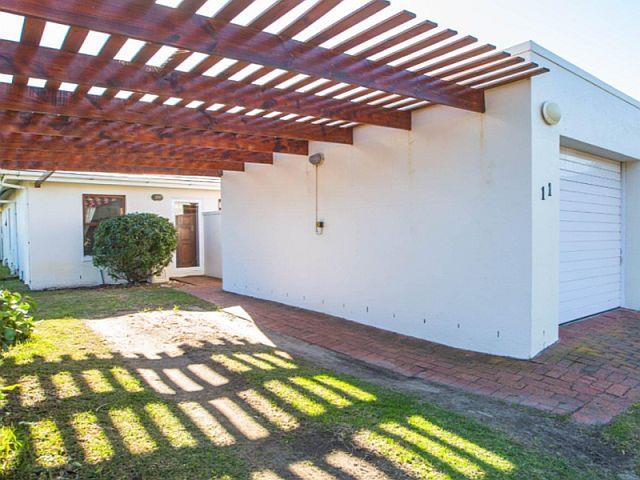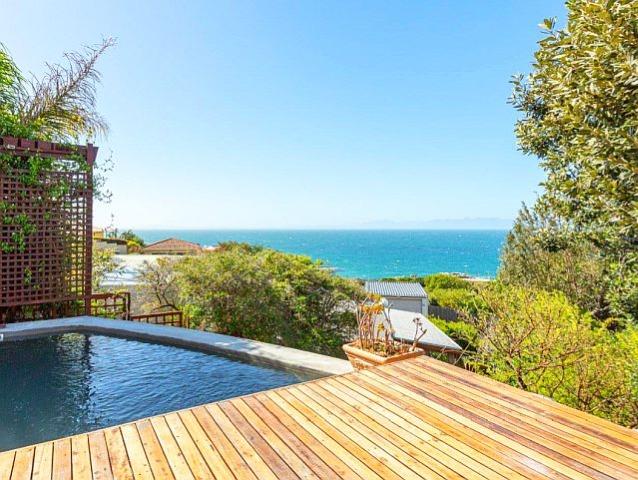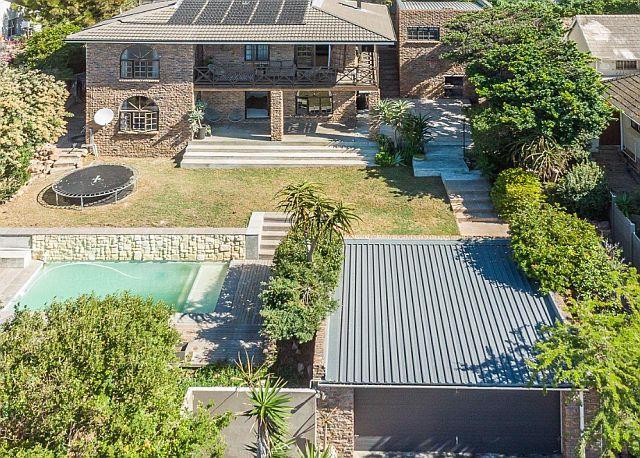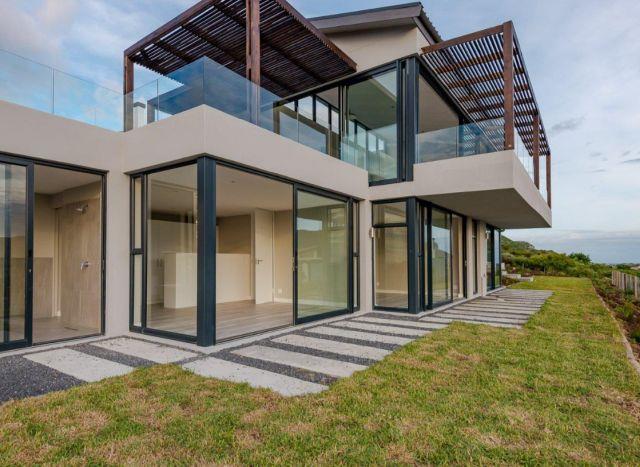Prior to the disruption of the pandemic, semigration toward the coast was on the rise and since the end of lockdown, there’s not only been a resurgence in the migration tide, but also a steady upward trajectory of property inflation in these areas during the past 12 months.

“Many of our agents across most areas have reported a spike in enquiries from upcountry buyers and the flow of investors is clearly evidenced in the latest Lightstone Residential Property Indices,” says Claude McKirby, Co-Principal of Lew Geffen Sotheby’s International Realty in Cape Town’s Southern Suburbs and False Bay.
“During the first quarter of 2021, coastal property inflation was 6.2% and non-coastal 5.6%, but Q2 this year, property inflation on the coast had risen to 8% whilst inland it had dropped to 4.9%.”
“The provincial picture for the same period is much the same with the exception being KwaZulu-Natal where property inflation dipped from 5.5% to 4.9%, although this has more to do with the devastating floods, they recently experienced than the appeal of the region.”
“Year on year, property inflation in Gauteng dropped from 4.8% to 3.8% whilst in the Western Cape it increased from 5.9% to 6.2% and Nelson Mandela Bay saw a significant jump with property inflation rising from 6.7% to 8.9% by the end of Q1 2022.”

Nancy Massing, Managing Director of the group’s Cape Peninsula franchises, says: “There’s been a notable uptick in enquiries across the whole Cape Peninsula from Muizenberg to Noordhoek since mid-2021.
“The region is attracting both local and upcountry buyers as it not only offers the quintessential seaside village and outdoor lifestyle, it does so at more accessible pricing than most comparative coastal areas and it also offers a very broad selection of properties.”
“The suburbs currently attracting the most interest from upcountry buyers, are Noordhoek, Kommetjie and Simon's Town which all offer exceptional lifestyles although each has its own unique and distinct character. Muizenberg and Fishhoek are very popular with young families and first-time buyers”
She notes that there has been a shift in the market this year and they are seeing greater demand for security estates and also vacant land from individual purchasers as well as developers, which is now resulting in stock becoming very limited.

Kommetjie
According to Kommetjie Area Specialist, Natalie Cooper, the whole of Kommetjie and its surrounds have seen an influx of buyers due to the ability to work remotely.
“House prices skyrocketed since the start of lockdown, due to the high demand of buyers and insufficient stock, and during the past two years, we have seen some unprecedented prices. We are also seeing ongoing development in the area, such as Village Lane with several others in the pipeline, including the new shopping centre, Spar development.”
In 2019, the median house price in Kommetjie reached an all-time high of R3.25 million, dipping in 2020 but last year the median price reached a record of R3.51 million which has already been beaten this year when it reached R3.95 million by the end of the second quarter, says Cooper.

Click here to see all the sale and listing price trends on Kommetjie
Noordhoek
Neighbouring Noordhoek has been equally popular, say Area Specialists for the group, Lilian Bron and Linette Kempster: “Last year we began to see real movement again with many enquiries, especially from Gauteng and KwaZulu Natal buyers looking move to the area.
“There has been a steady increase in demand for properties, particularly within gated estates which are also popular with investor buyers as they can achieve gross rental yields of up to 7% with these homes.”
The partners report that, after dramatic increases, price growth in Noordhoek has stabilised in recent months due to a more resistant local market, however, prices seem to be holding for now due to the high demand.

Lightstone data shows that last year the median house price in Noordhoek rose from R5m in 2020 to reach a record high of R7.65 million, dipping to R6.25 million in June this year.
“With lifestyle increasingly a priority for buyers, and value still top of the list for many, we expect the influx to the area to continue,” says McKirby.
“There are many beautiful areas along South Africa’s coastline, but very few that offer quite as exceptional a lifestyle where one is so close to nature, nestled between mountains and the ocean with a host of outdoor and sporting activities right on your doorstep – yet only a short drive from the city.
“And, with the additional drawcards of Cape Town being perceived to have better governance than other provinces and also having less loadshedding than the rest of the country, we don’t expect this trend to abate any time soon.”
Click here to see all the sale and listing price trends on Noordhoek
Want all the latest property news and curated hot property listings sent directly to your inbox? Register for Property24’s Hot Properties, Lifestyle and Weekly Property Trends newsletters or follow us on Twitter, Instagram or Facebook.
*Property24 Listings Data Disclaimer: The trends detailed in this article are based on Property24 listings, current at the time of publishing, and property transfer data supplied by Deeds offices, which typically take 3-4 months to reflect. Suburbs are listed according to Property24's geographical database. In some areas this will include both commercial and residential properties. The age demographic data of buyers, sellers and stable owners is determined over a six-month period. These Property Values should not be used as a substitute for independent professional advice and is subject to Property24.com Terms and Conditions.








